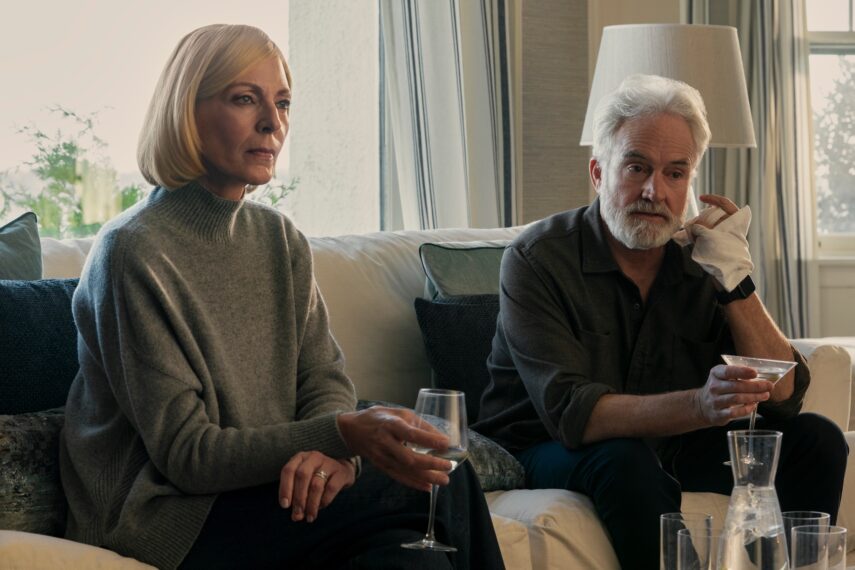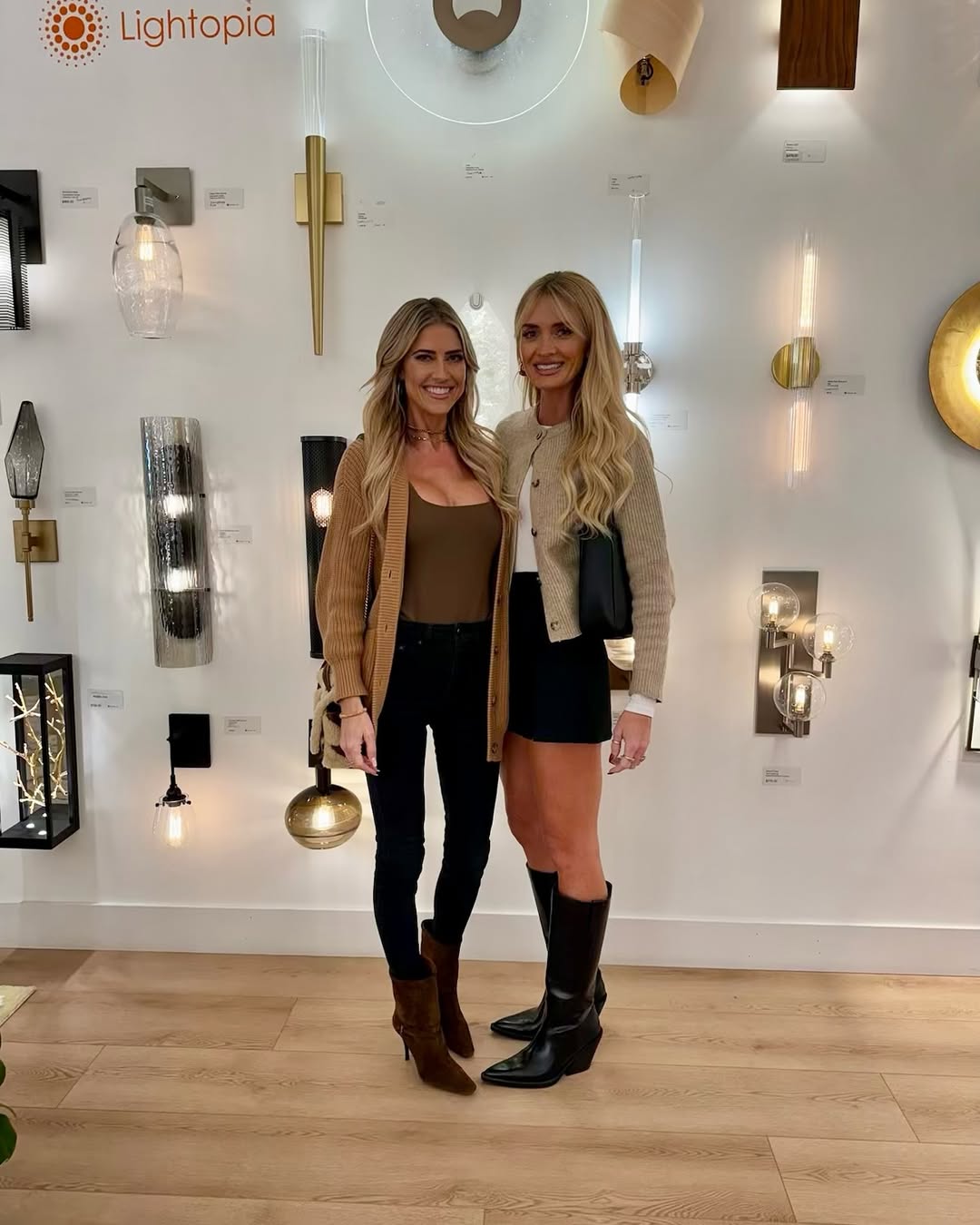Hermès is part of the crème de la crème in luxury, as is Louis Vuitton’s parent, LVMH. But Axel Dumas, the chief of Hermès, would rather not be compared with the fellow French conglomerate that once tried to buy the Birkin bag-maker (and failed).
It’s hard not to draw parallels between the two companies, which are French, have familial ties in the businesses, and compete for the same dollars to be spent on high-end bags.
The history between these two companies is mired in drama involving unwelcome bids, lawsuits, and, more recently, diverging fates within the luxury market.
The luxury industry has faced challenging times following COVID-19. As people began to pull back on spending, the Chinese economy, which drives sales of high-end brands, has struggled to rebound, and the fortunes of many luxury houses dwindled. But Hermès managed to buck the trend, quarter after quarter.
It recorded the highest revenue growth in the luxury sector during the second quarter of 2024, Bank of America noted in July.
Hermès’s market cap is currently €228 billion, while LVMH’s is €331 billion. But analysts expect the Birkin bag maker to leapfrog Bernard Arnault’s luxury conglomerate by 2027. That’s a significant achievement, given that LVMH has been a long-time heavyweight in the luxury sector, and its reach stretches to every realm within the category.
But Dumas isn’t a fan of the comparison. In fact, beating LVMH’s size isn’t even a benchmark Hermès has.

Nathan Laine—Bloomberg
“We don’t sell the same products [as Louis Vuitton], so surpassing their size is not a goal as such. There is very little comparison between us,” Dumas told the Financial Times in an interview published Thursday.
Arnault set his eyes on Hermès early on, quietly upping his stake in the company to 17% in 2010. The founding family saw this as an “attack” and came together to protect their control over the company to fend off LVMH’s interest. That row continued for years, ultimately concluding in Arnault relinquishing his stake and paving the way for Dumas to become executive chairman.
Representatives at Hermès and LVMH didn’t immediately return Fortune’s request for comment.
The secret to defying a luxury slump
According to Dumas, one of Hermès’s differentiating factors is staying true to its products, which drew consumers even amid an industry-wide downturn, especially in China.
“If you walk around Shanghai today, it’s interesting to note that the traffic in malls has fallen considerably… but the attachment to quality of Chinese customers remains and this will be an advantage for Hermès,” he said.
At a time when companies are nervous about expanding in China, Hermès is doing things differently. It plans to open a store in a new Chinese city every year.

Budrul Chukrut—SOPA Images/LightRocket/Getty Images
But the French bag maker can afford to take risks—it’s proven to have a robust business model built on its classic, timeless products that have endured through fads. Hermès is now valued at more than 45 times its estimated earnings for 2024, the FT reported, citing HSBC figures.
Hermès’s resilience and status in the luxury world are akin to Apple’s in the tech industry. The iPhone maker trades on a far higher price-to-earnings ratio than some competitors and is known for its expensive yet high-quality products.
The reason Apple is hard to compare to other tech giants is because it’s far bigger than entire countries. Its clout extends beyond just making the world’s top-selling phone—it also has a hegemony through its App Store, for instance. However, it has managed to build a loyal network of customers who swear by the Apple brand, much like Hermès does. The French luxury company maintains a certain exclusivity that makes it harder—and therefore, more attractive—to buy its bags.
The big succession question
Hermès’s relevance and value has grown with time, but it’s been around for nearly 200 years.
It has been passed on from one generation of the family to the next since being set up by Thierry Hermès. Dumas is part of the sixth generation leading the company in a family whose extended relatives have become millionaires owing to Hermès’s growth.
The question of who comes next is in his mind, too.
“I don’t want to be like my predecessors in the family, that is to say, to die in office,” Dumas said. “The risk is falling in love with what one has made, and not being able to change. At some point, you need fresh eyes.”
LVMH’s Arnault is faced with a similar challenge. The CEO and chairman has no desire to retire from the company, but he has began preparing for the future as his five children are part of the conglomerate in various capacities.
“Let’s see if one of them has the capacity to take over,” he told Bloomberg earlier this year.
















:quality(70):extract_cover():upscale():fill(ffffff)/2025/01/30/866/n/1922564/5de1da7d679bd74385a671.79574530_Screenshot_2.png)









![Chance the Rapper – Stars Out (2024) | STAR LINE [Official Music Video] Chance the Rapper – Stars Out (2024) | STAR LINE [Official Music Video]](https://i.ytimg.com/vi/ywSYgBVkocM/maxresdefault.jpg)